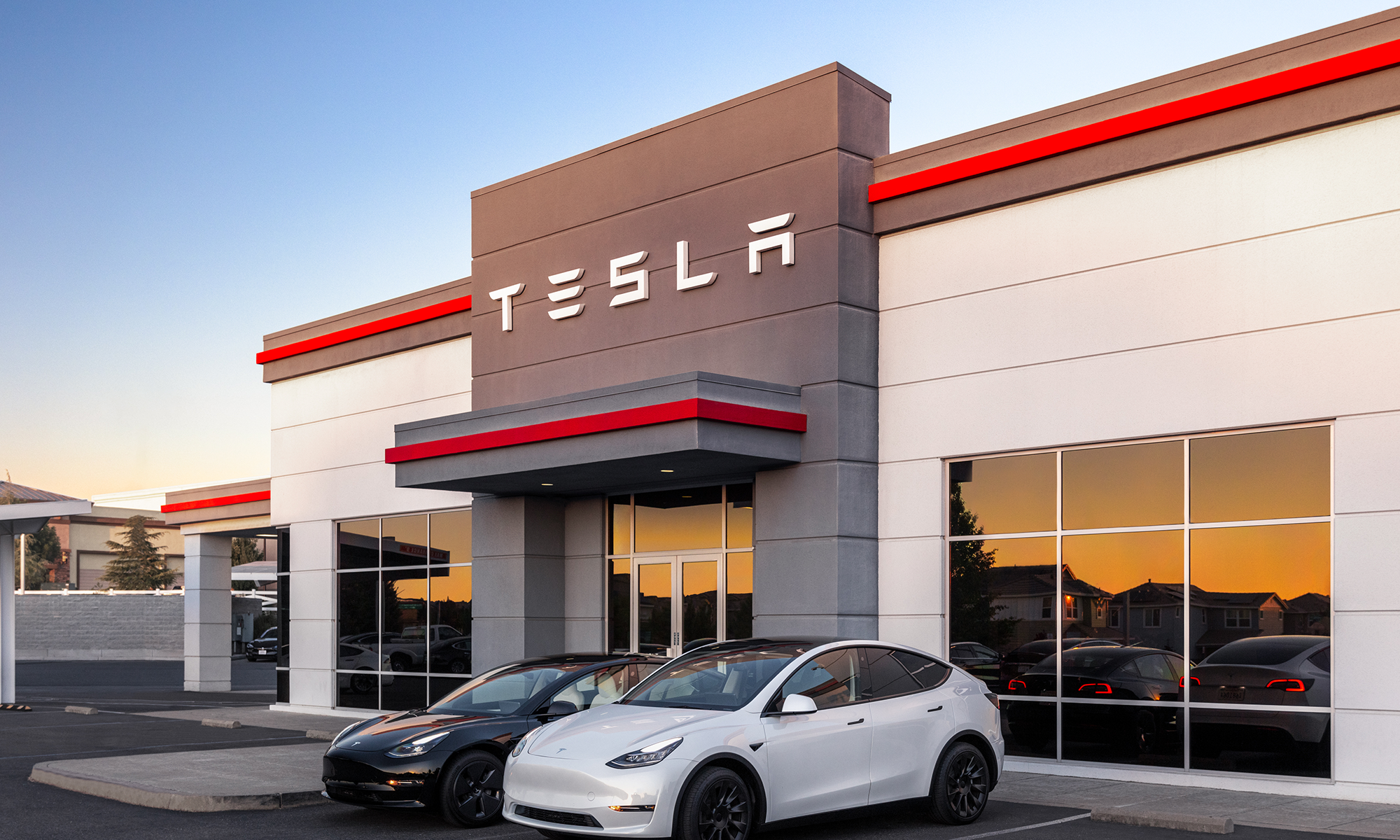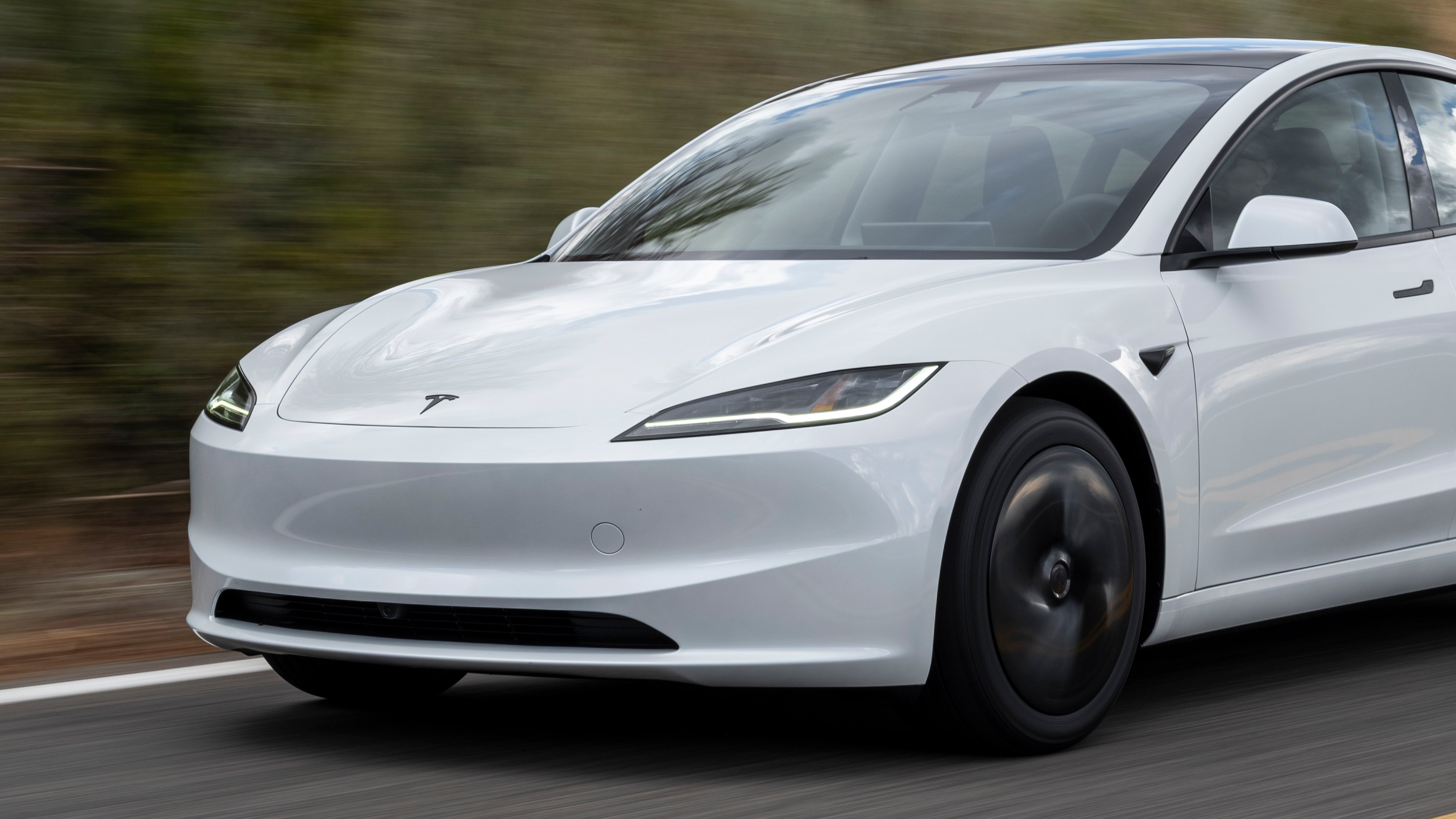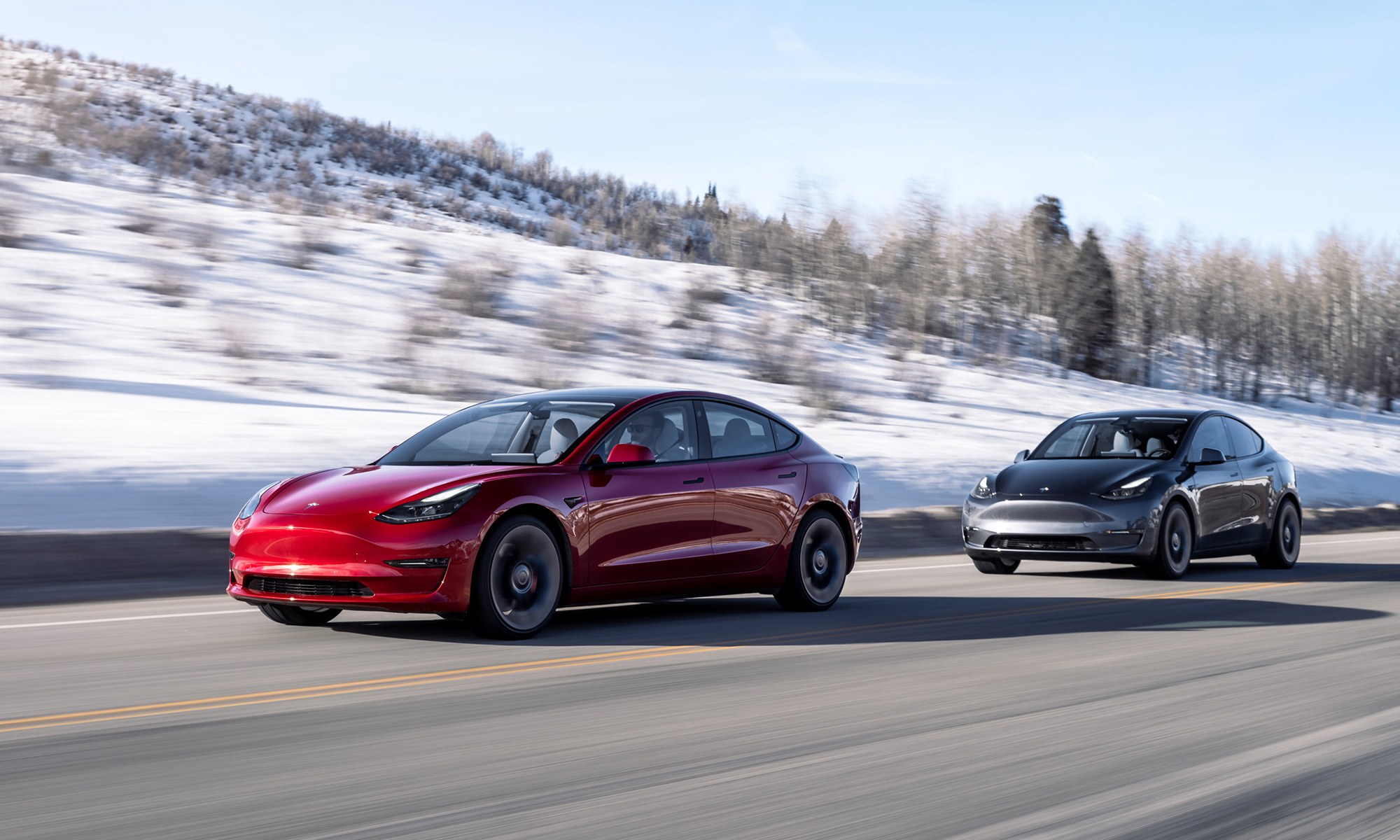Tesla (TSLA +2.57%) has said it can achieve an annualized rate of production of 40,000 vehicles by late 2014. That rate would nearly double Tesla's guidance for 21,500 deliveries in 2013. Is this outlook realistic? A new number on Tesla's current production rate gives us a clearer picture of Tesla's potential in 2014. Spoiler alert: Tesla looks on track.

Tesla Fremont factory. Source: Tesla Motors.
600 vehicles per week
In a CNBC interview on Thursday, CEO Elon Musk said that Tesla is currently producing cars at about 600 per week. That's a quarterly rate of 7,200 vehicles. Notably, however, Tesla's comments on weekly production rates shouldn't be associated with the current quarter's deliveries. Case in point, in its third-quarter letter to shareholders, management said the company was producing 550 cars per week, which is a quarterly rate of 6,600, but Tesla only delivered 5,500 vehicles during the quarter. Even more, management only guided for "slightly under" 6,000 vehicles deliveries in Q4. So, these production rates are not a direct indicator of deliveries in the short term.
That said, Tesla's reported weekly production rates are a solid indicator of the proportional increase investors could expect in deliveries. With 600 vehicles per week being 9% higher than the rate reported in the Q3 letter to shareholders, it's reasonable to assume that Tesla can also ramp up its fiscal 2014 first-quarter deliveries by 9% over its Q4 guidance for "slightly under" 6,000 deliveries. That would put Q1 deliveries at about 6,500 vehicles. Furthermore, Tesla has continually beaten its own guidance for deliveries, so this estimate is probably a bit too conservative. Settling with an estimate of 7,000 for Q1, therefore, wouldn't be too absurd.
Looking ahead
Extrapolating 7,000 per quarter out for a full year gives us an estimated 28,000 deliveries in 2014. That's 30% higher than Tesla's guidance for 21,500 deliveries in 2013 -- not bad. But it wouldn't be fair to assume it isn't going to be able to ramp up production in the subsequent quarters in 2014. So, this full-year estimate is probably too low. In the CNBC interview, Musk clearly indicated 600 per week likely isn't the ceiling for production, but it's going to take time: "[I]t's going to take them [Tesla's supplier] a little longer to improve production beyond that."
Making a full-year estimate wouldn't be easy. It really depends on how rapidly Tesla solves its supply bottlenecks. But what is clear is that if Tesla is likely beginning the year at an annualized rate of production of 28,000 vehicles, achieving an annualized production rate of 40,000 by late 2014 doesn't sound crazy at all. In fact, it sounds completely reasonable.
Zooming out
Given the forward-looking valuation of Tesla's stock, 2014's numbers will be a small blip in the bigger picture. The company is ultimately valued for its planned affordable car that will supposedly go into production at an annualized rate in the magnitude of hundreds of thousands. So there's no reason to stress over the exact numbers Tesla can deliver in 2014. But given the bullish outlook for its future, investors should at least ensure that Tesla is, at a minimum, on track with its short-term outlook. And a quick look at Tesla's improving weekly production rate gives investors a nice little pulse check. And after running the numbers, Tesla still looks like it's on schedule to deliver surging sales in 2014.






